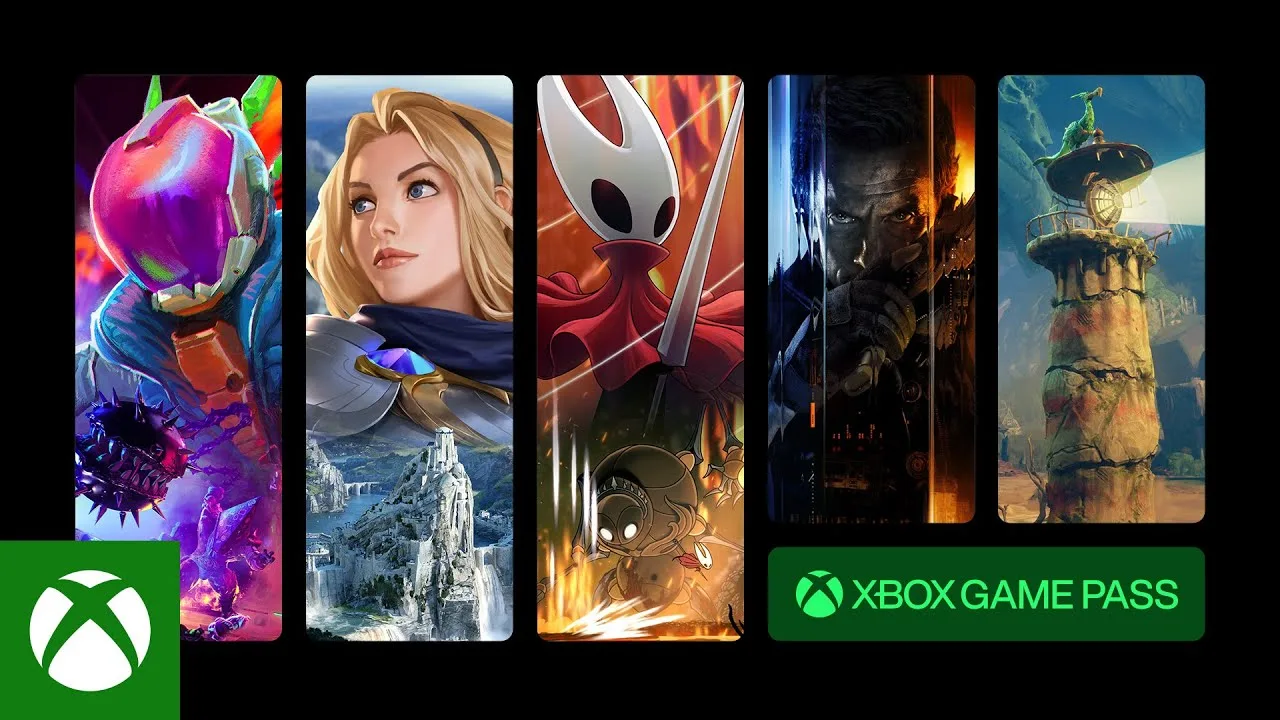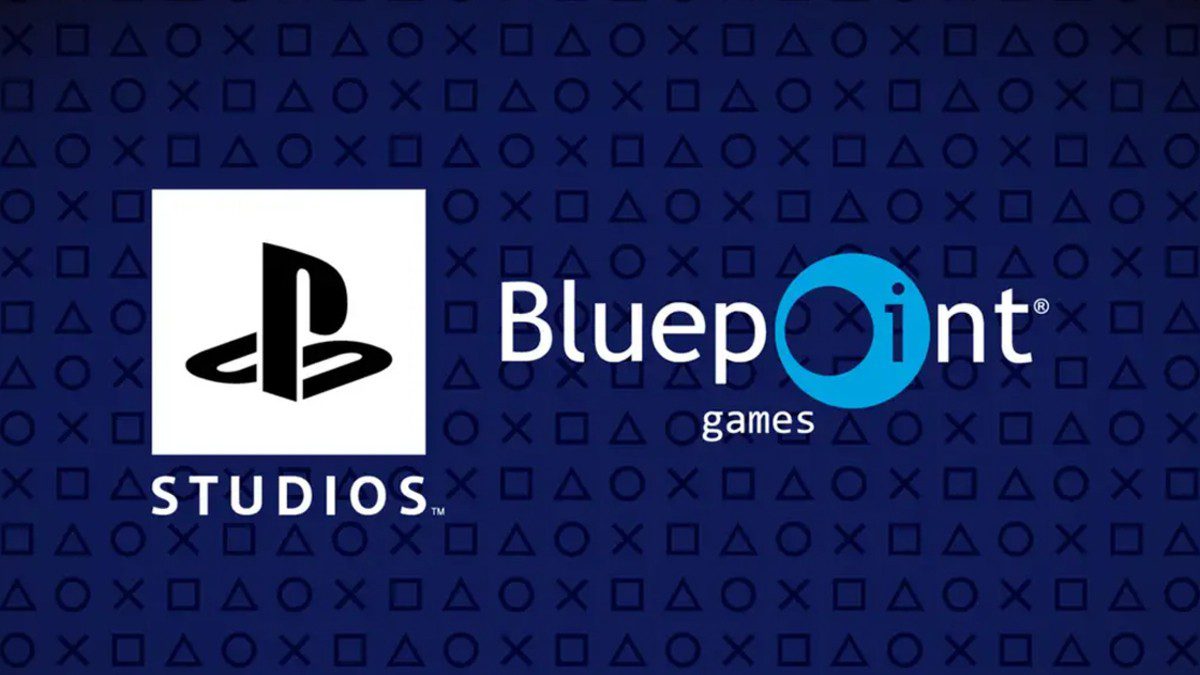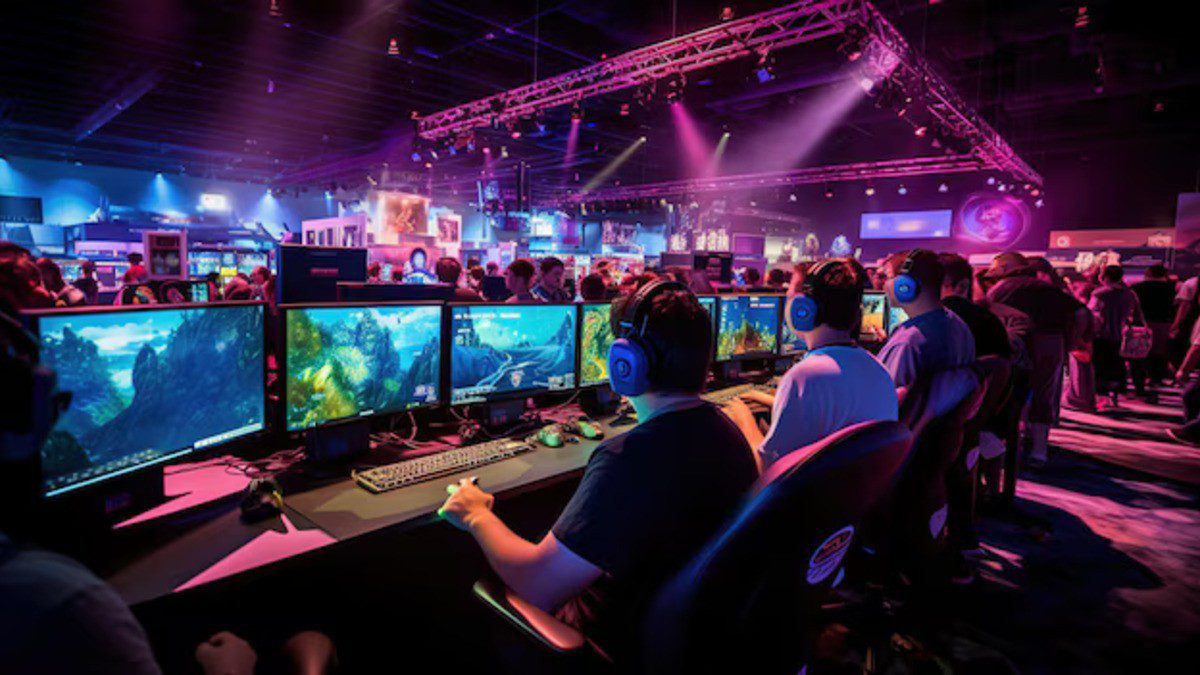Ubisoft has officially launched its new subsidiary, Vantage Studios, marking a pivotal shift in how the publisher manages its most iconic franchises. The studio, partly owned by Tencent, begins operations with a mandate to oversee Assassin’s Creed, Far Cry, and Tom Clancy’s Rainbow Six—three of Ubisoft’s most valuable IPs.
A Global Network with Local Roots
Vantage Studios isn’t a single location—it’s a network of Ubisoft teams across Montréal, Quebec, Sherbrooke, Saguenay, Barcelona, and Sofia. Previously operating under the codename Nova, the name Vantage was chosen by employees through a vote, signaling Ubisoft’s intent to give its teams a stronger voice in shaping the studio’s identity.
Autonomy Meets Accountability
While Vantage remains part of the Ubisoft group, it has been granted full autonomy over creative direction and business strategy for its franchises. This is a major departure from Ubisoft’s historically centralized model. The company is embracing what it calls a “Creative Houses” structure, designed to give development teams more ownership and agility in responding to player expectations.
Tencent’s Role: Investment Without Control
Tencent holds a 25% stake in Vantage Studios following a €1.16 billion investment earlier this year. However, Ubisoft has emphasized that Tencent will act strictly in an advisory role, with final decisions resting in the hands of co-CEOs Christophe Derennes and Charlie Guillemot.
- Derennes: A 35-year Ubisoft veteran and former head of Ubisoft Montréal, bringing deep institutional knowledge.
- Guillemot: Previously led Ubisoft’s mobile studio Owlient, co-founded Web3 indie firm Unagi, and returned to Ubisoft in 2024.
This leadership pairing blends legacy experience with entrepreneurial vision.
What Vantage Studios Aims to Deliver
Ubisoft has outlined ambitious goals for the new subsidiary:
- Elevating narrative-driven solo experiences
- Expanding multiplayer offerings with more frequent content drops
- Introducing free-to-play touchpoints to broaden accessibility
- Integrating social features to strengthen community engagement
In other words, Vantage Studios is tasked with balancing Ubisoft’s blockbuster storytelling tradition with the demands of today’s live-service and community-driven gaming ecosystem.
Why This Matters
Ubisoft has faced criticism in recent years for creative stagnation, delayed releases, and over-reliance on formulaic open-world design. By decentralizing control and empowering dedicated teams, Vantage Studios could represent a course correction—a chance to reimagine how Ubisoft’s flagship franchises evolve in a rapidly shifting industry.
Tencent’s involvement also underscores the increasing globalization of AAA game development, where Western publishers are leaning on Chinese investment to secure long-term stability while maintaining creative independence.
Vantage Studios isn’t just a new nameplate—it’s Ubisoft’s attempt to reinvent its creative structure, empower its teams, and future-proof its biggest franchises. Whether this experiment succeeds will depend on how well autonomy translates into innovation without losing the consistency fans expect.







